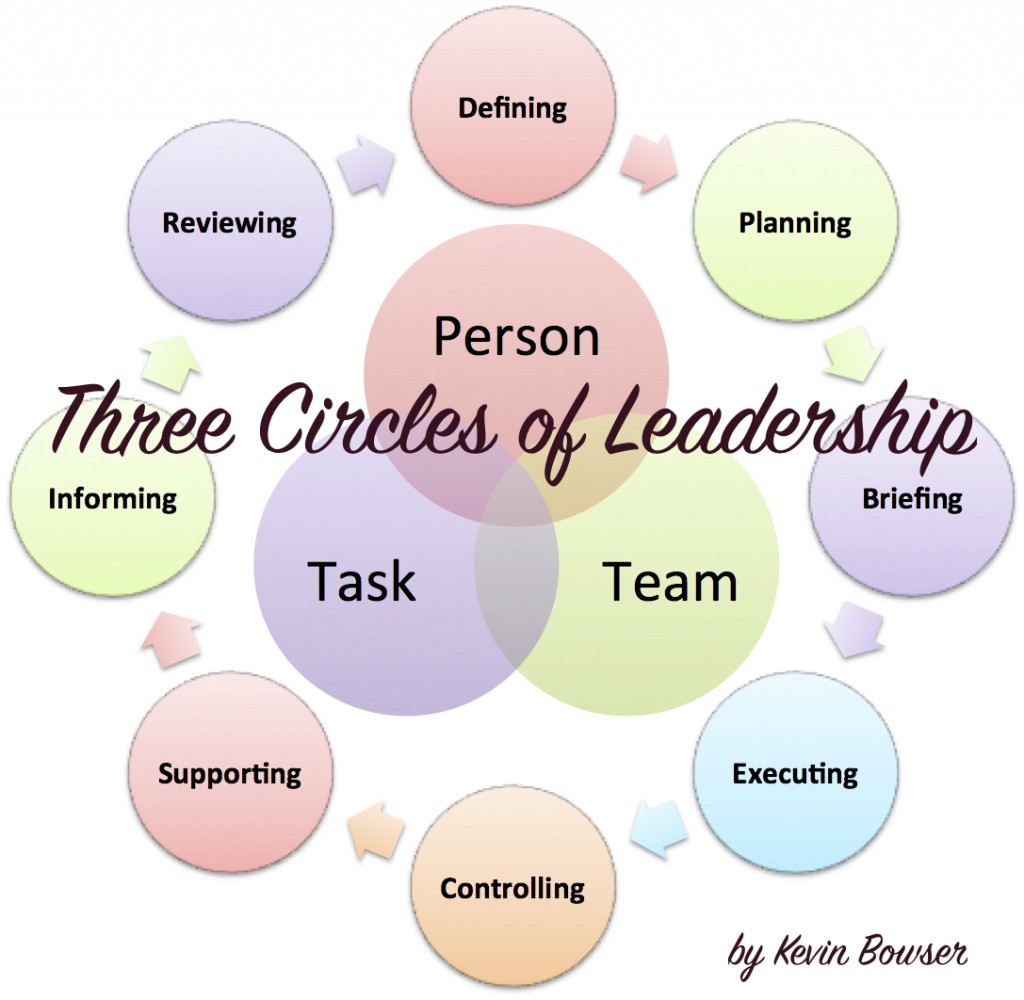Leadership is as much about emotions as it is about skills. You can easily gain a working knowledge of leadership and all the “actions” necessary to make you an effective leader by taking courses and by reading books.
However, knowing them and applying them are two different things.
Often, our personal leadership is affected, not so much by what we don’t know how to do, but by what we are unwilling to do. And being unwilling to do the hard things required of a leader is often caused by fear and lack of self-esteem.
Self-esteem has two components: It is made up largely of how we see ourselves and how we see others.
First, let’s look at how we see ourselves. – By definition, self-esteem is about how we esteem ourselves. In other words, it is about how we see ourselves and feel about ourselves when we look in the mirror every morning.
Second, it is about how we see others. – But even that is really a reflection of how we see ourselves. If we envision everyone around us as being smarter or better qualified than we are, then that is perhaps not a reflection of their skills being greater as much as viewing our own skills as being lesser. Size is a relative thing. And if we don’t feel we measure up, everyone tends to look bigger in our own eyes.
Self-esteem has an impact upon how we think, how we feel, how we perform, and our results. It is not a stretch to then say that if the results you are getting from your team do not match your expectations, then possibly the problem may not be with your team. The problem may involve your self-image, your view, and your approach to leadership.
A strong leader must take a good look at their self-image and be introspective enough to consider how our behaviors impact our team.
The following behaviors just may be a signal that your self-esteem is preventing you from effectively leading.
Click here to read the rest of the article »












